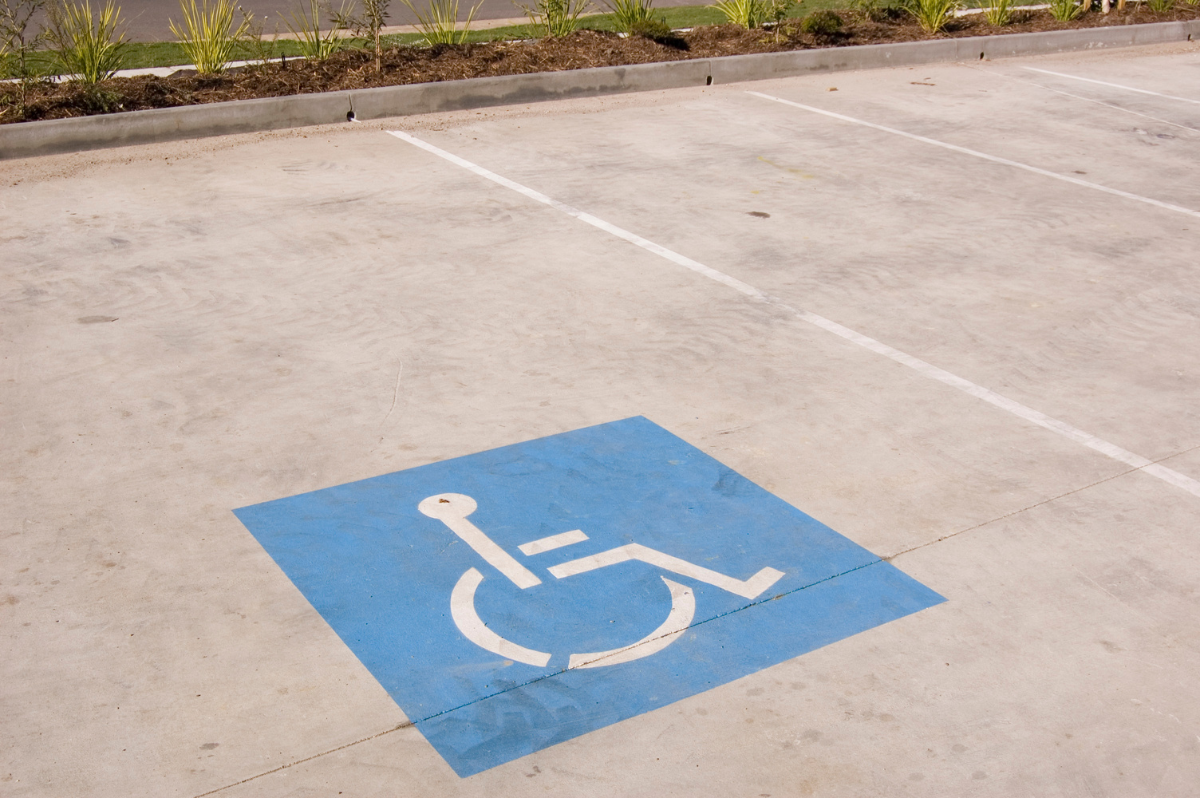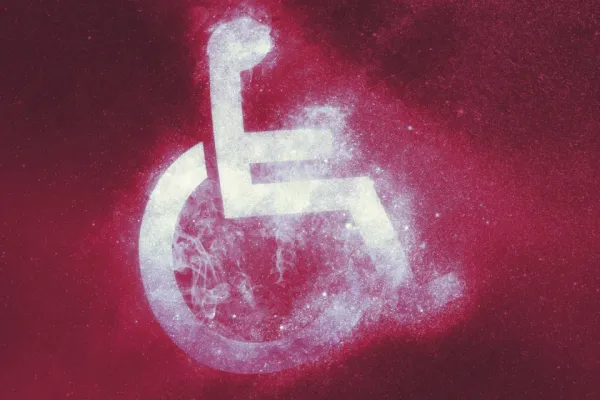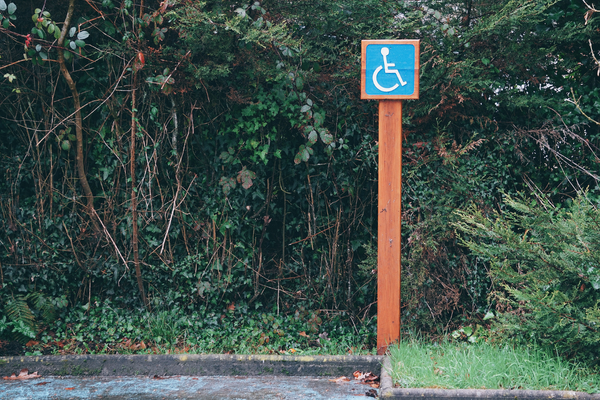6/23/25 - How to do it
Disability activism without pity

Good afternoon!
Today's links are related in ways I hope are clear. A huge component of thinking about disability is how we go about advocating for our material needs while preserving our dignity and agency.


‘Little Lobbyists’ Urge Senators to Oppose Trump’s Bill Cutting Medicaid
Megan Mineiro and Margot Sanger-Katz, New York Times - June 19, 2025
"Joining Landry were several other children who navigated the marble hallways in wheelchairs or medical strollers. Some relied on feedings through a tube during the long day of meetings. The children, many of them nonverbal, crowded into senators’ offices. At one stop they snapped photos with Mr. Husted and his wife, Tina. At another, they sat on a couch alongside Ms. Collins as their parents made their case against slashing Medicaid."
‘Look my child in the eye’: Parent confronts GOP over Medicaid cuts
Katherine Rampell, MSNBC - June 20, 2025
"We came, with redemption in our hearts, and grace in our messages, and with a profound moral clarity to do right by our children. And that is to tell these personal stories and put a face on Medicaid. These are the children that will be directly affected by Medicaid cuts."
These two bits of coverage from last week provide a needed refresher on what's at stake with the Medicaid cuts that are part of President Trump's "Big Beautiful Bill." They also reintroduce us to the unique activism of "Little Lobbyists." This organization continues to execute a very intricate but crucial twist on traditional advocacy by parents of kids with disabilities. The parents who lead "Little Lobbyists" don't put their disabled and "medically complex" children on vulgar display, to garner pity. They include their children in a more substantive and powerful effort to inform lawmakers about how policy affects these children and their families. As any who has been a disabled child with strong parent advocates probably knows, making this effort both effective and empowering for the children themselves is a rare accomplishment. It doesn't always work. Sometimes this sort of thing can slip into exploitation, and expose kids to additional hardships they get no say in. But "Little Lobbyists" is keenly aware of all of these dangers. And they seem as determined to avoid them as they are to win the arguments with lawmakers. I love seeing them in action.
How to Defuse Pity
Kelly Mack, Rolling with It - June 19, 2025
"How would you want to be treated if you were that person? I am guessing with kindness and respect — not with pity. The trick here is to try to put aside your preconceived notions and look through someone else’s eyes. Just be careful to remember that you are only making a best guess and can’t know for sure how another person is feeling (unless you ask them and they are willing to share)."
Pity is a powerful emotion. It's mostly experienced negatively by disabled people. It's something we don't want. And because pity is so powerful, it's also a tactical and ethical issue for disability activism. Pity can work. It can help win some short-term political fights ... sometimes. But in the long term it does more harm than good, particularly for disabled people. And victories won by pity, either by an individual disabled person or an organized group, are always very limited. That's why it's so important that "Little Lobbyists" seems to be able to thread the needle between degrading, corrosive pity and morally necessary and empowering empathy. Whatever else they are able to accomplish, they show the rest of us how to do it.



Disability Thinking Weekday is a Monday-Friday newsletter with links and commentary on disability-related articles and other content. Please like, share, comment, and subscribe — for free, or with a paid subscription. A free subscription brings a newsletter to your email each weekday, and gives you access to Comments. Benefits of paid subscription also include:
- A monthly recap with links to all of the previous month's shared articles, organized by topic.
- Listing as a supporter, and a link to your website if you have one.
- You can recommend one disability-related article for me to share per month in a weekday post.
To to subscribe, upgrade to paid, or make a one-time donation, click one of the buttons below:

I am so grateful for your help and engagement, in whichever forms you choose!



